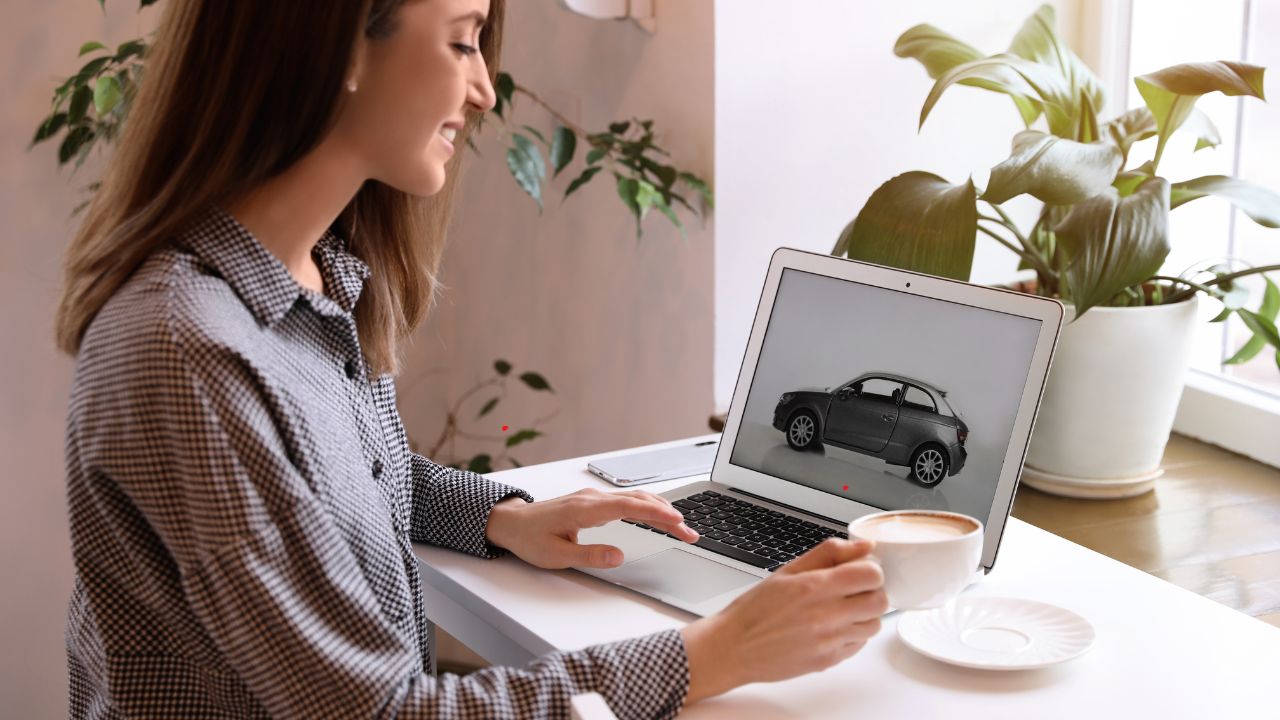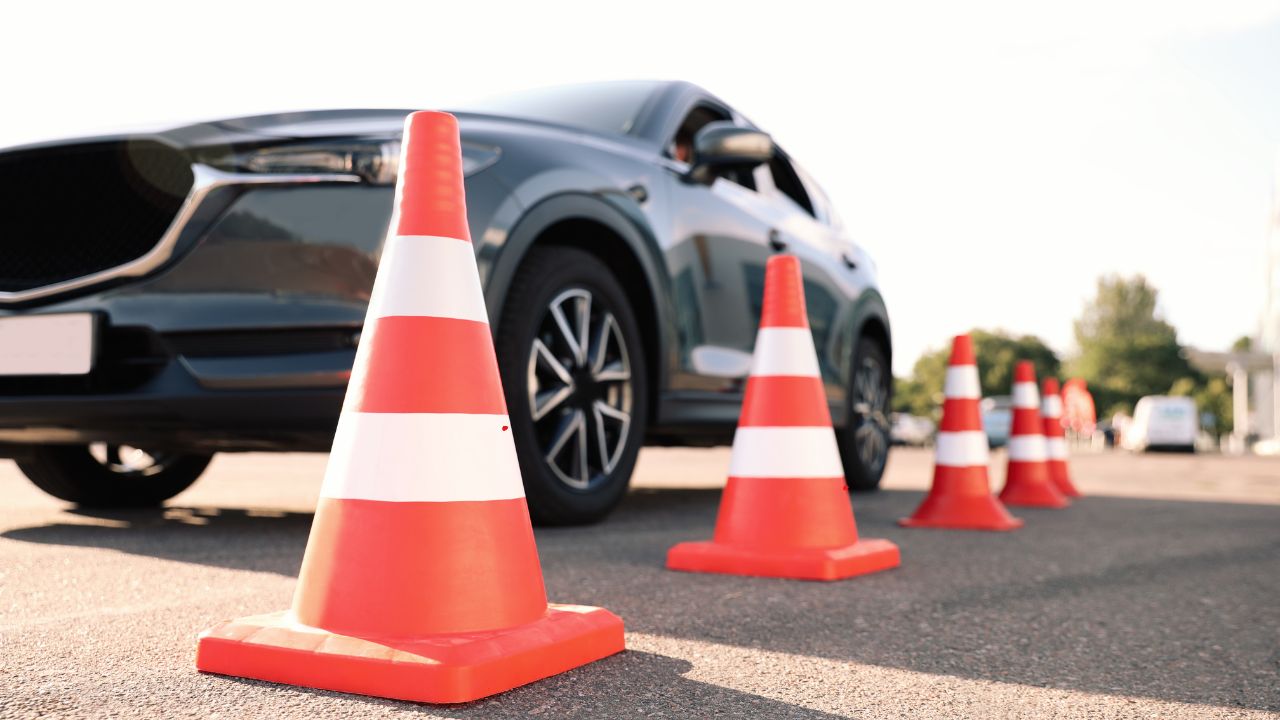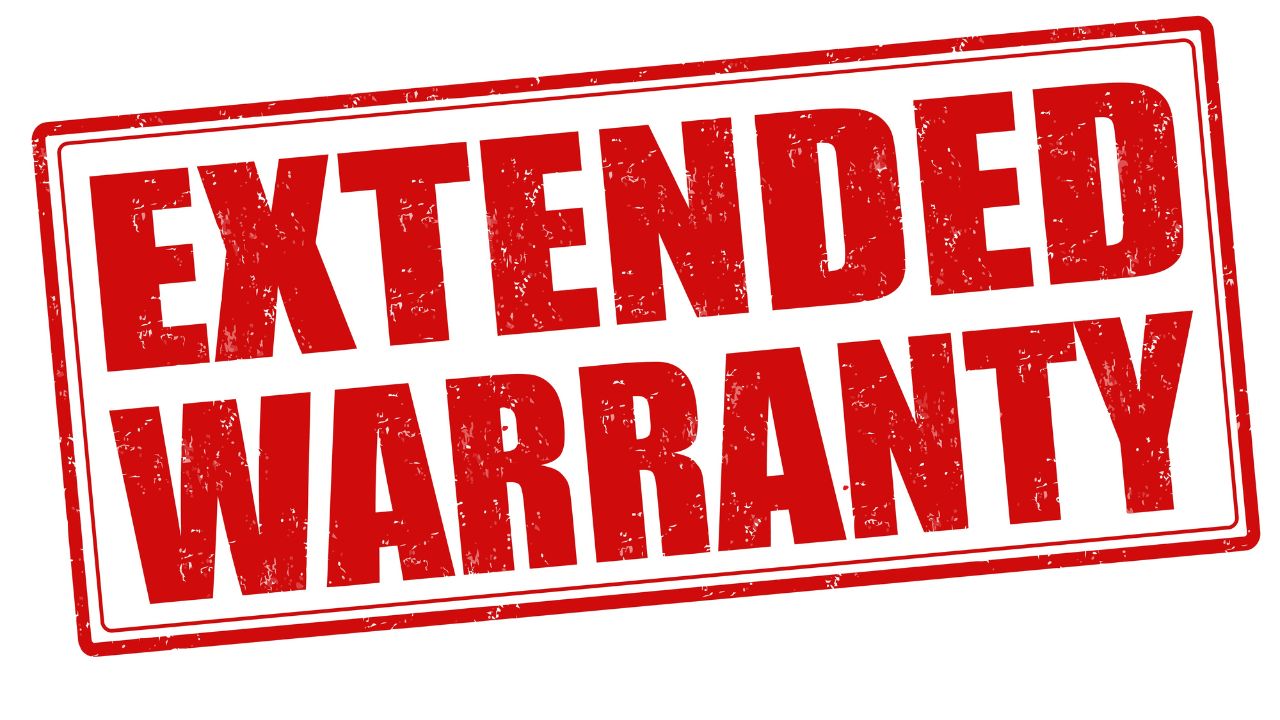Negotiating the price of a used car can feel overwhelming, but with the right approach, you can secure a great deal. If you’re in Ohio, you’re in a unique position to leverage specific tactics that cater to this market. This guide will walk you through essential tips to help you negotiate effectively and drive away with confidence.
1. Do Your Research
Before stepping onto the lot or meeting with a private seller, arm yourself with knowledge. Understanding the fair market value of the car you’re interested in is crucial.

- Check Prices Online: Use websites like Kelley Blue Book, Edmunds, or NADA Guides to get an accurate estimate of the car’s value based on its make, model, year, and condition.
- Understand Ohio Market Trends: The used car market in Ohio may have different trends compared to other states. For instance, certain models may be more in demand depending on the season. Familiarize yourself with local trends to gauge whether the price is reasonable.
2. Inspect the Vehicle Thoroughly
Once you’ve found a used car that catches your eye, it’s time to inspect it closely. This step is essential to ensure you’re not overpaying for a vehicle that might need costly repairs down the line.

- Take It for a Test Drive: Always take the car for a spin. Pay attention to how it handles, any unusual noises, and how it feels overall. If anything seems off, it could be a negotiation point.
- Get a Vehicle History Report: A detailed report can reveal accidents, repairs, or any title issues the car has had. You can use a license plate lookup Ohio service to retrieve this information. Knowing the car’s history can give you leverage in negotiations.
3. Prepare for Negotiation
Before you start negotiating, be clear about your budget and what you’re willing to pay. Knowing your limit helps you stay firm and avoid overspending.
- Set a Target Price: Based on your research, determine the maximum amount you’re willing to pay. This should be slightly lower than your actual budget to leave room for negotiation.
- Be Ready to Walk Away: One of the strongest negotiation tactics is the willingness to walk away. If the seller knows you’re serious about leaving, they might be more inclined to meet your price.
4. Start the Negotiation Process
When it comes to the actual negotiation, it’s essential to approach the conversation with confidence and knowledge.
- Make the First Offer: It’s often advantageous to make the first offer. Start lower than your target price, but within a reasonable range. This sets the tone for the negotiation and gives you room to move up if necessary.
- Use Facts to Support Your Offer: Refer to your research and any issues found during the inspection. For example, if the car needs new tires or has a history of minor accidents, bring this up as a reason for a lower offer.
5. Know the Seller’s Perspective
Understanding the seller’s position can help you negotiate more effectively. Whether you’re dealing with a dealership or a private seller, knowing their motivations can give you the upper hand.
- Dealerships: Salespeople often have quotas to meet, especially at the end of the month. This could work in your favor if they’re eager to close the sale. Be aware of any ongoing promotions or discounts that could help you save.
- Private Sellers: Private sellers might be more flexible on price, especially if they need to sell the car quickly. However, they may also be attached to the vehicle and believe it’s worth more than it actually is. Use your research to gently counter their expectations.
6. Don’t Forget the Extras
Negotiating a used car price isn’t just about the sticker price. You can often negotiate other aspects of the sale to get the best deal.

- Ask for Extras: Dealerships might be willing to throw in extras like an extended warranty, free oil changes, or even a full tank of gas. These add-ons can save you money in the long run.
- Negotiate Fees: Be wary of additional fees like documentation fees, dealer preparation fees, or any other charges that may be added on. Ask for a breakdown of these fees and see if any can be reduced or removed.
7. Finalize the Deal
Once you and the seller agree on a price, it’s time to finalize the deal. But before you sign anything, double-check all the details.
- Review the Contract: Carefully review the purchase agreement. Make sure everything you negotiated is in writing and that there are no unexpected charges.
- Complete a Free Number Plate Search: As a final precaution, use a free number plate search to verify that the car isn’t stolen and that all registration details match up. This step can prevent any potential legal issues down the road.
8. Celebrate Your Successful Negotiation
Congratulations! You’ve successfully negotiated a fair price for your used car in Ohio. Take a moment to celebrate your achievement before hitting the road.
Final Thoughts
Negotiating a used car price can seem challenging, but with the right approach, you can secure a great deal. By doing thorough research, inspecting the vehicle, and negotiating confidently, you’re setting yourself up for success. Remember, the key is to be informed, patient, and assertive throughout the process. Whether you’re dealing with a dealership or a private seller, these tips will help you navigate the Ohio market with ease.